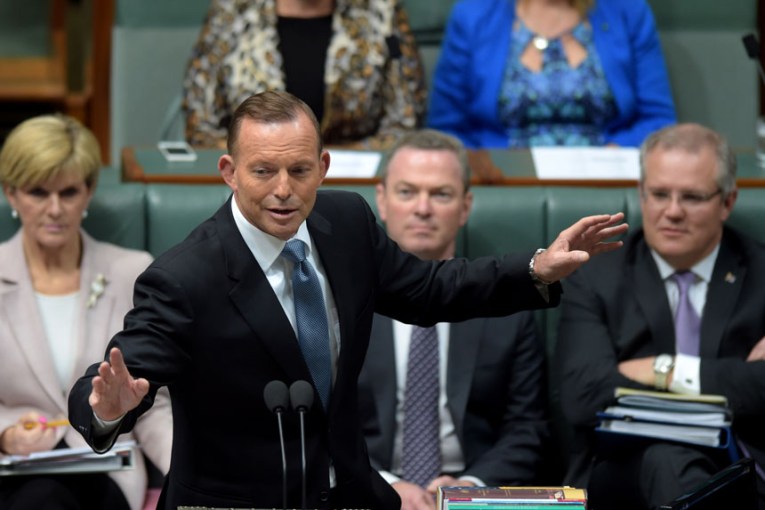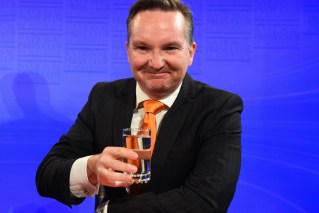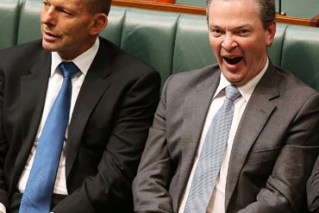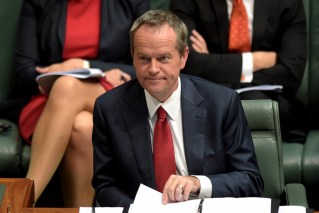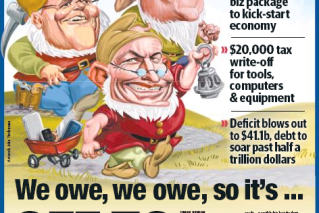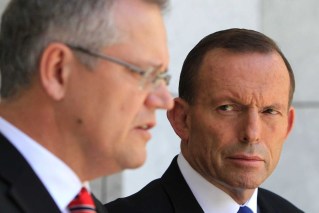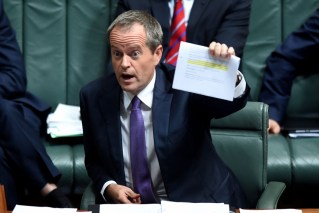It’s the economy, stupid: economists react to budget


Shutterstock
After grim warnings of a “debt and deficit disaster”, the Coalition has taken a giant step back from last year’s unpopular budget and its primary objective of drastically improving Australia’s economic position.
This year, it’s all about boosting small business, investing in childcare and busting tax cheats, under the catch-cry of “having a go”.
But what does all that mean for the economy?
• Strangest things in Budget 2015
• Hockey delivers ‘have a go’ budget
• Paul Bongiorno: a budget to save Joe’s bacon
Well, on the morning after Treasurer Joe Hockey’s second budget, the response from economists is mixed.
While most say spending measures will provide a welcome boost in confidence, they fear the government hasn’t done enough to curb spending.
The experts
Chris Richardson, from Deloitte Access Economics, said the government had toned down budget repair and gone for something more popular, while keeping spending “tight as a drum”.
“The politics of doing more in this budget were always horrendous and this budget doesn’t do more about savings,” Mr Richardson said.
While the government’s budget deficit forecasts are better than economists expected, there are plenty of ifs and buts that could get in the way.
“The caveats are still pretty big – one, that the Senate rolls over fast, two, that the states wear some pretty big spending cuts from last year and three, that China and commodity prices, which are pretty wobbly these days, hold the line,” Mr Richardson said.
Market Economics managing director Stephen Koukoulas said it was a forgettable budget, that would likely be shrugged off by business and consumers – it won’t please those looking for a lower deficit, nor those who were hoping for a stimulatory budget that would create jobs.
“If they’d fixed the budget deficit and reduced debt, fine, or if they’d said they were going to run a slightly bigger deficit but lower unemployment, fine, but they’ve done neither,” Mr Koukoulas said.
CommSec chief economist Craig James said this budget would support the Reserve Bank, which has been doing the heavy lifting in boosting the economy. But we won’t know how the budget impacts confidence and growth until the Senate indicates how it will vote on the measures.
“It ticks all the boxes – we’ve got the budget deficit improving over time and we’ve got some stimulus going into the economy, there’s no major nasties in there and that should support confidence levels,” he said.
“Hopefully it will be the case that both sides of politics can do the jobs that they’ve been paid to do and get this economy moving again.”
AMP Capital chief economist Shane Oliver said the budget was heading in the right direction but there’s a risk that those deficits could end up being downgraded again and the return to surplus pushed further out, as has happened in recent years.
The good news is that unlike last year’s budget, this one could have a positive impact on confidence.
“They’ve done the right thing in terms of not scaring people and avoiding the confidence hits that occurred last year, but I do worry though that in the longer term, further out, the return to surplus will be somewhat slower than what the government is projecting,” Dr Oliver said.
National Australia Bank senior economist David de Garis said this budget would be less of a constraint to economic growth, although more work still needs to be done to cut the deficit.
“It has to be a budget for the times, so there’s still quite a big task ahead,” he said.
– with AAP

